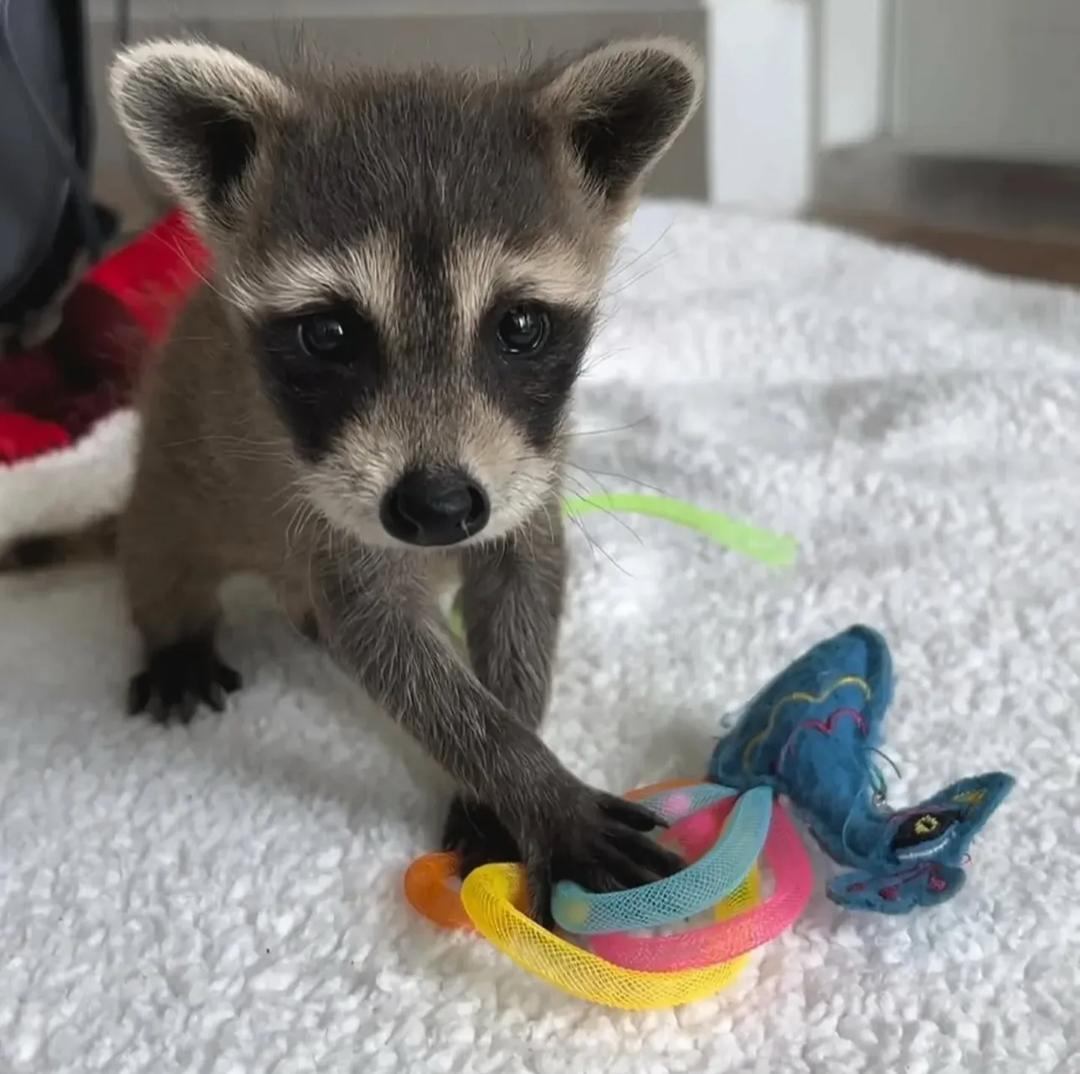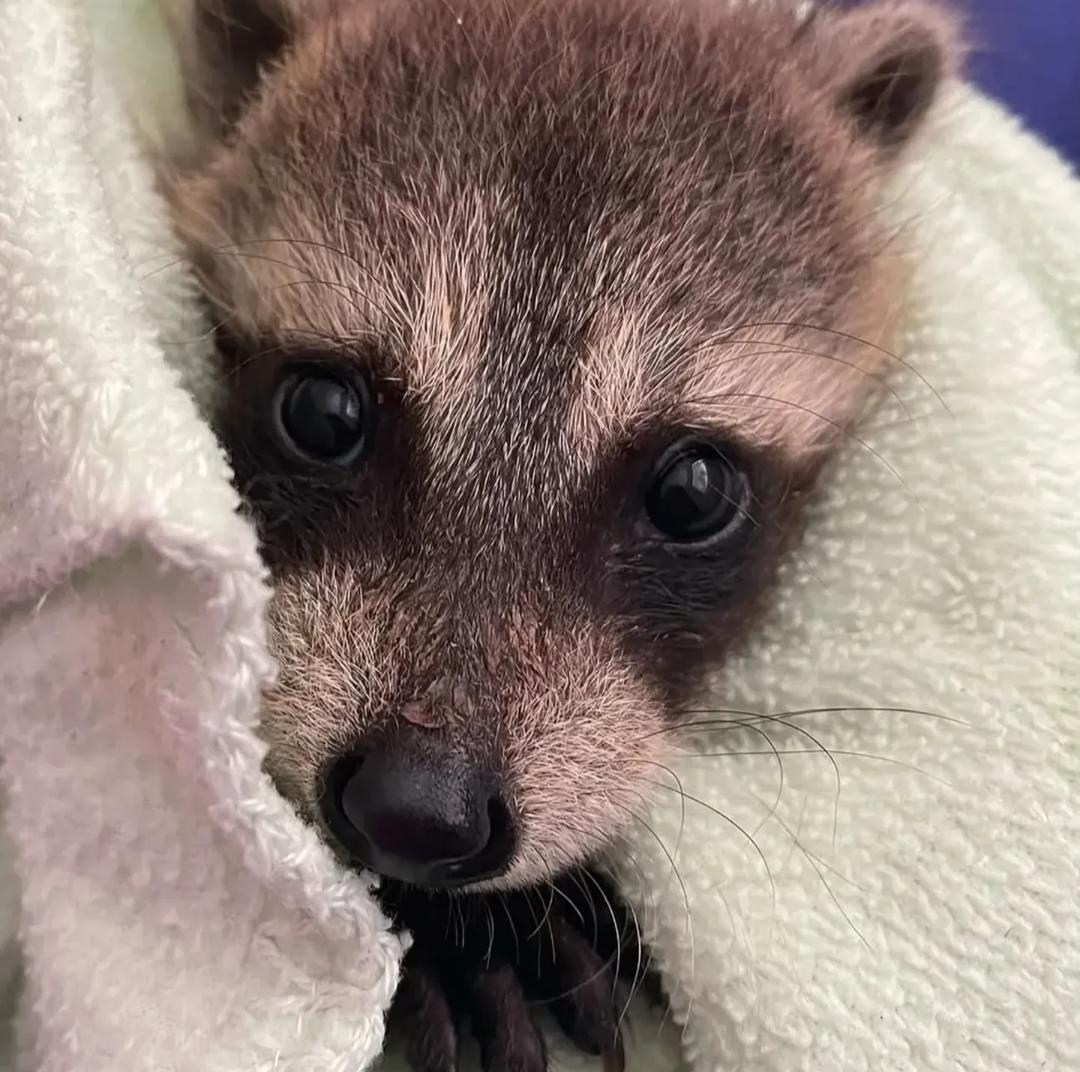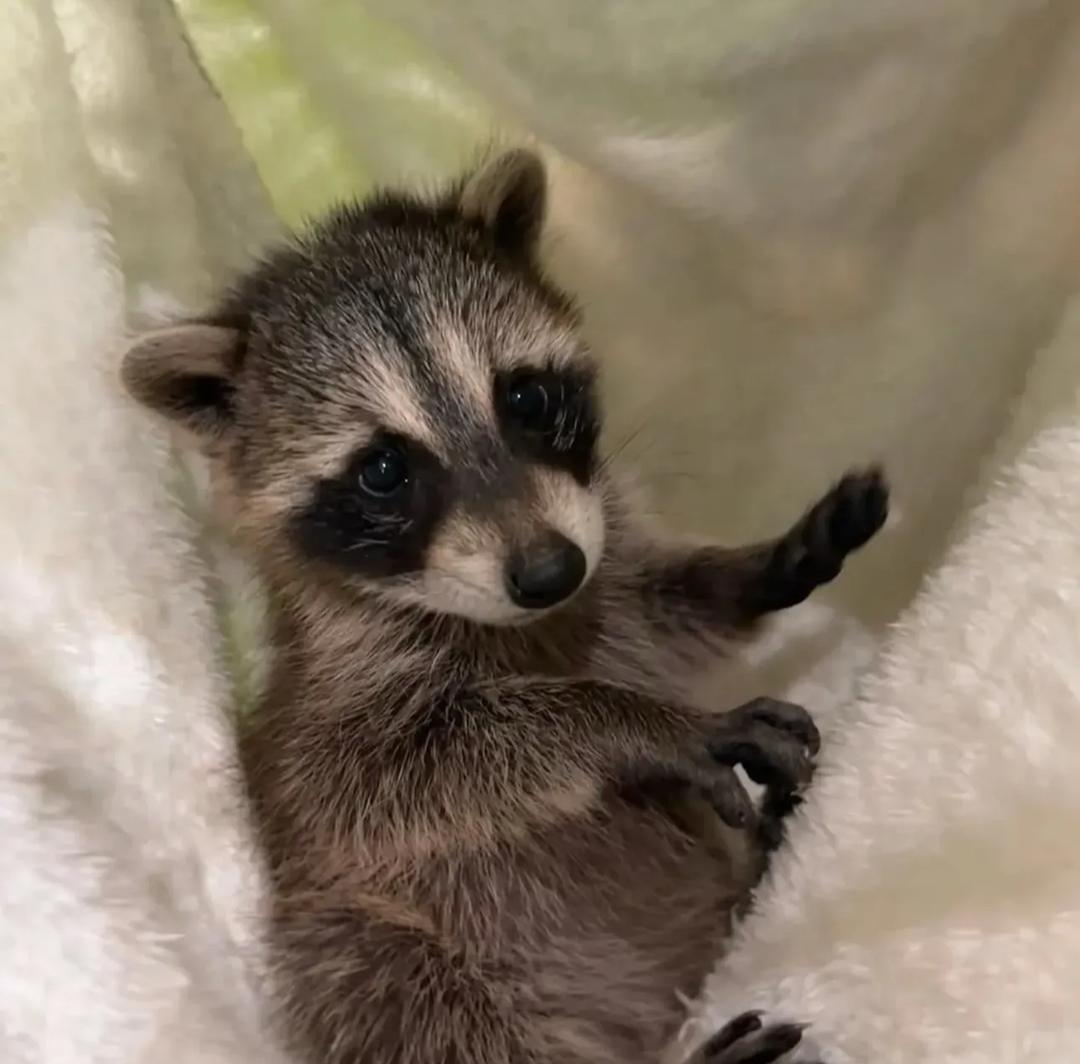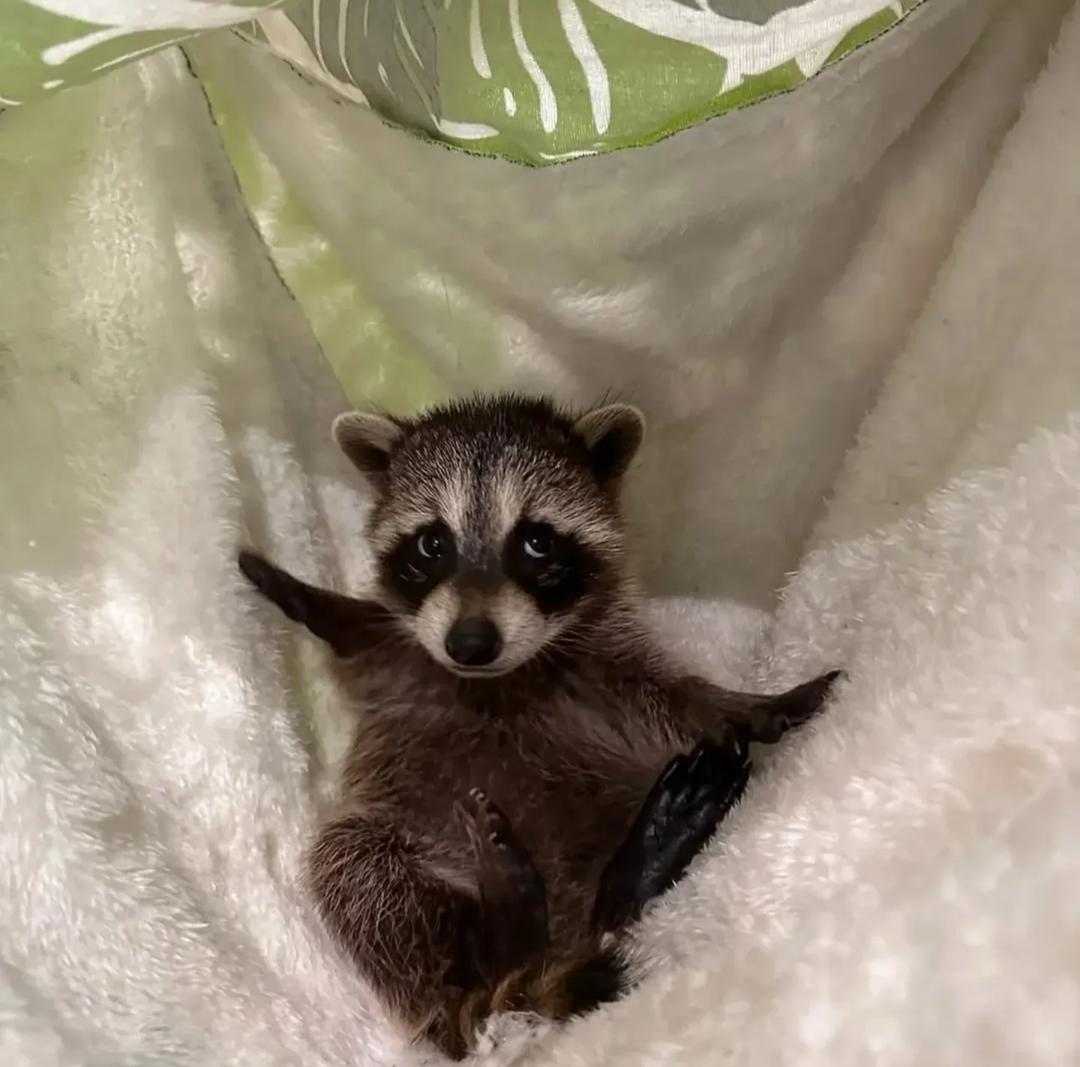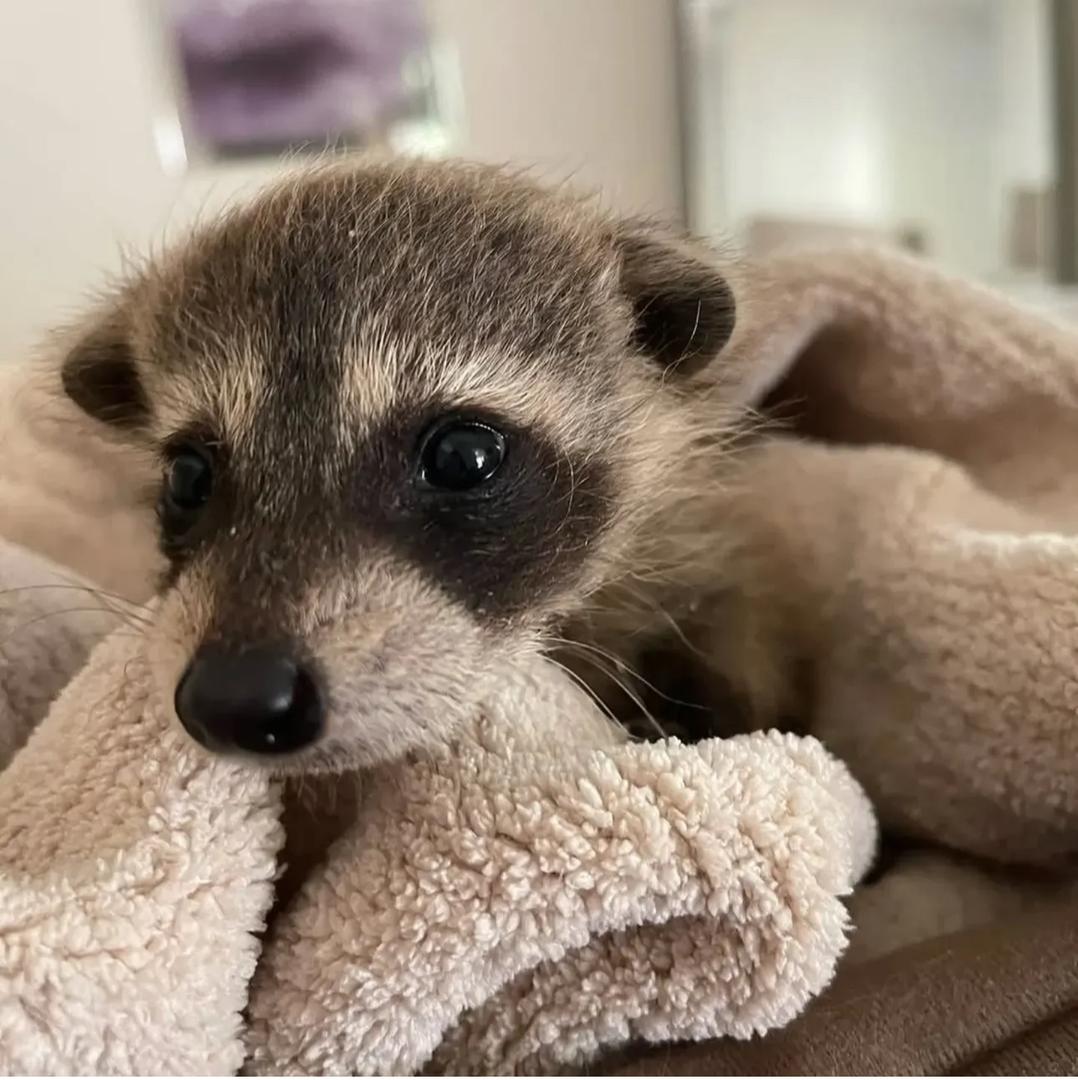Description
Raccoons for Sale: Your Complete Guide

Origin and Species of Raccoons
Raccoons are native to North America and are primarily known for their distinctive “mask” of black fur around their eyes and their dexterous front paws. The most common species is Procyon lotor, commonly referred to as the North American raccoon. There are other related species, such as the Kinkajou, often confused with raccoons, but they belong to a different family. Raccoons are part of the Procyonidae family and are recognized by their intelligence, adaptability, and nocturnal nature.
Characteristics and Description of Raccoons
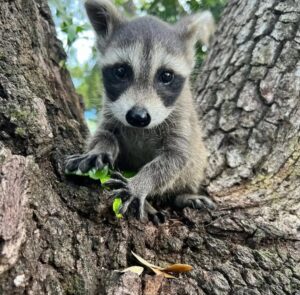
Raccoons are medium-sized mammals, usually weighing between 8-24 pounds and measuring 16-28 inches in length, excluding their bushy tails. Their signature black “mask” of fur and ringed tail make them instantly recognizable. These animals are omnivores, with a diet consisting of fruits, small animals, insects, and even trash, making them highly adaptable. Raccoons are known for their intelligence, dexterous paws, and problem-solving skills, which allow them to manipulate objects, open containers, and unlock doors.
Countries Where You Can Find Raccoons
Raccoons are primarily found in North America, from southern Canada to the northern parts of South America. However, due to their adaptability, raccoons have been introduced into other areas such as Europe and Japan, where they are often considered an invasive species. In the wild, they thrive in forests, urban areas, and wetlands, particularly in places where food is abundant.
Laws to Obtain a Raccoon in Various Countries
Laws regarding the ownership of raccoons vary significantly from country to country. In the United States, many states allow raccoons to be kept as pets with the proper permits, though states like California, New York, and Washington have strict regulations, or outright bans. Canada has similar laws, with provinces like Ontario prohibiting raccoons as pets. In Europe, raccoons are often considered an invasive species, and owning them as pets is not typically allowed. Always check with local authorities before acquiring a raccoon.
Where to Buy Raccoons
Raccoons can be purchased through reputable breeders who specialize in exotic animals. Be sure to verify that the breeder complies with all local regulations and provides the necessary documentation. Some wildlife rescue centers may also offer raccoons for adoption, especially if the animal has been rehabilitated. It is crucial to purchase from a responsible source that prioritizes the welfare of the animal and adheres to legal requirements.
Prices of Raccoons for Sale
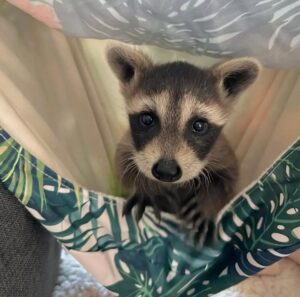
The price of a raccoon can vary widely, typically ranging from $500 to $2,000 depending on factors such as age, breed, and whether the animal is hand-raised. Prices may also fluctuate based on the region and availability. Remember, the initial cost is only part of the financial commitment, as raccoons require specialized care, including proper food, habitat, and veterinary services.
Requirements to Adopt a Raccoon
Adopting a raccoon involves several important considerations. You’ll need a secure, spacious outdoor enclosure, as these animals are highly active and need room to explore. Raccoons are omnivores, so they require a varied diet that includes fruits, vegetables, and protein. Additionally, you may need to obtain a permit or license, depending on your location. Regular veterinary care and vaccinations are essential for keeping your raccoon healthy.
Shipping and Refunds for Raccoons
Shipping a raccoon involves special care to ensure the safety of the animal. Reputable breeders use carriers experienced in handling exotic pets, with all necessary permits and documentation for shipping. If you are unsatisfied with your raccoon, most breeders offer a 14-day return policy, provided the animal is returned in good health and condition. Refund policies may vary, so always check with the seller before purchasing.
Pros and Cons of Owning a Raccoon
Pros:
- Intelligent and Curious: Raccoons are highly trainable and can be taught tricks or even how to use a litter box.
- Affectionate and Social: They can bond closely with their owners and enjoy social interaction.
- Unique and Fascinating: Owning a raccoon is a rare experience that connects you with an intelligent wild animal.
Cons:
- High Maintenance: Raccoons require a lot of time, attention, and enrichment to prevent destructive behaviors.
- Expensive: The cost of food, healthcare, and specialized care can add up quickly.
- Legal Issues: Owning a raccoon can be illegal in some areas or require special permits.
FAQs About Raccoons
-
Can I own a raccoon as a pet?
- Laws vary by location. Many states and countries allow raccoons as pets with proper permits, but restrictions exist in certain areas.
-
What do raccoons eat?
- Raccoons are omnivores, eating a varied diet of fruits, vegetables, insects, small animals, and occasionally human food.
-
How much space do raccoons need?
- Raccoons require a large, secure outdoor enclosure where they can roam, climb, and explore. A spacious environment is essential for their well-being.
-
Are raccoons easy to train?
- Yes, raccoons are highly intelligent and can be trained to do tricks, use a litter box, and more.
-
Are raccoons good pets?
- Raccoons can make good pets for experienced owners, but they require a lot of care, attention, and space, which may make them challenging for first-time pet owners.
Owning a raccoon is a significant commitment that requires thorough research and preparation. Be sure to consider local laws, your ability to meet their needs, and the long-term care required before making a decision.

